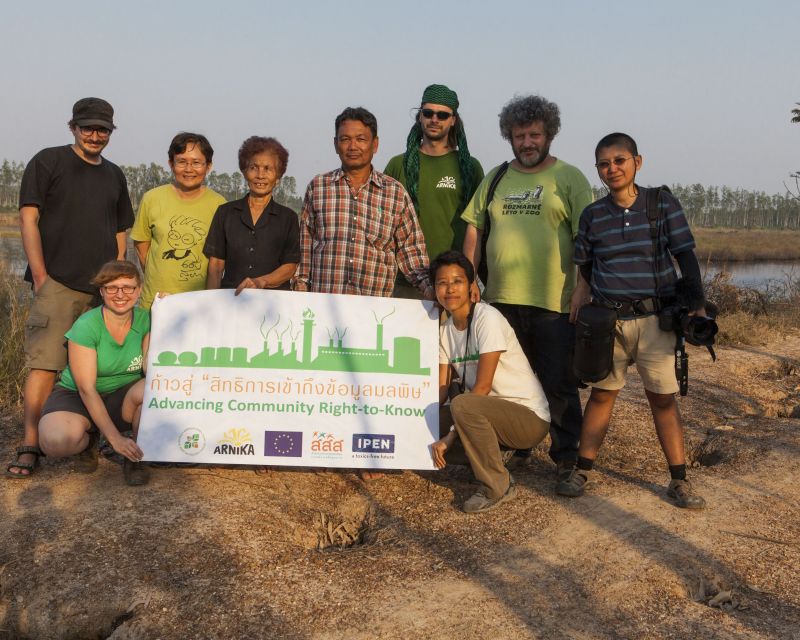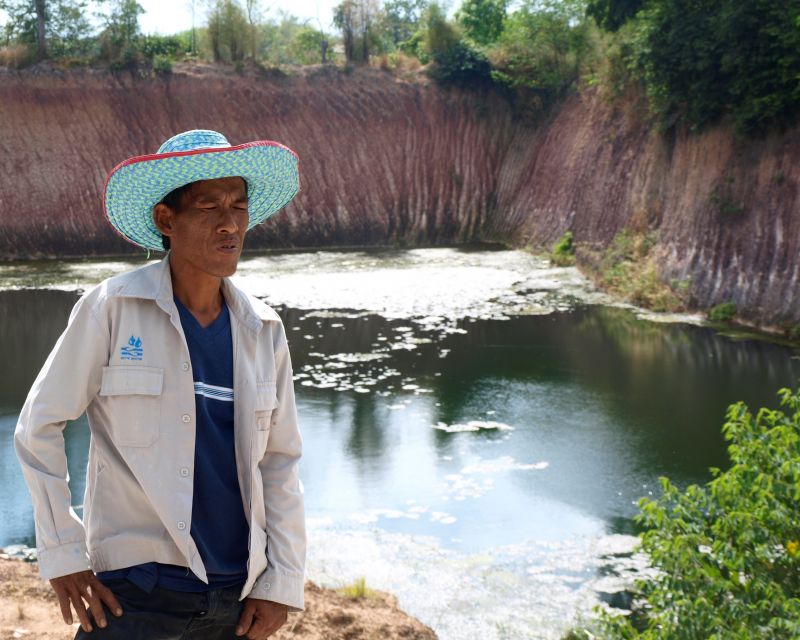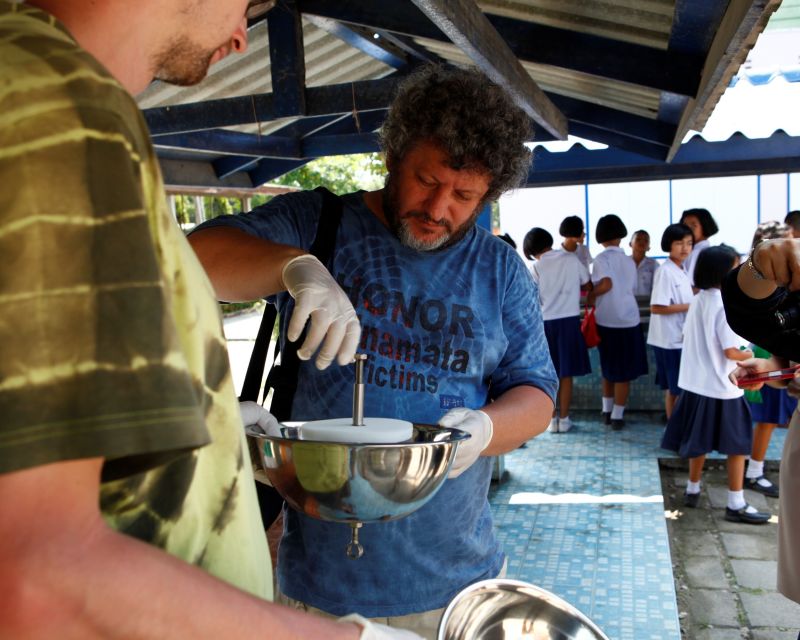 Thailand has suffered from industrial pollution for a long time, but it is not just a technical problem. In fact, corruption, poor law enforcement, and a lack of functional self-government play a more significant role. Residents and workers in polluted areas are often denied the right to participate in decision-making processes, on the basis that they are not technical experts in those fields.. In other cases, citizens' complaints are rejected due to insufficient scientific evidence. The result is growing conflicts in many Thai communities, as well as long-term negative impacts on local health and the overall state of the surrounding environment.
Thailand has suffered from industrial pollution for a long time, but it is not just a technical problem. In fact, corruption, poor law enforcement, and a lack of functional self-government play a more significant role. Residents and workers in polluted areas are often denied the right to participate in decision-making processes, on the basis that they are not technical experts in those fields.. In other cases, citizens' complaints are rejected due to insufficient scientific evidence. The result is growing conflicts in many Thai communities, as well as long-term negative impacts on local health and the overall state of the surrounding environment.
We have been cooperating with the Thai non-profit organization EARTH for several years within the Toxics and Waste program. Our past activities have shown that simple research on industrial pollution of the environment can provide strong arguments and improve the overall bargaining power of Thai communities. They then find it easier to cooperate with government agencies and polluters.
A scientific initiative for reducing industrial pollution
We help communities gather scientific evidence and raise awareness of the increasing damage to the environment and health from industrial development in Thailand. We focus on rural communities whose traditional livelihoods suffer from unregulated growth of industrial activity and are often afraid to oppose polluters, mainly due to corruption or threats. We assist in enforcing the right to environmental information using tools known in the Czech Republic and the European Union, primarily through the initiative of public participation in decision-making. The PRTR law provides a legal mechanism to help public and private actors reduce industrial pollution while guaranteeing citizens’ right to know and participate. It is a necessary step to solve the ongoing industrial pollution crisis and push the nation toward sustainable development.
In November 2017 in Bangkok, Arnika unveiled the conclusions of a two-year POPs study: POPs at Four Thai Hot-spots: Map Ta Phut, Samut Sakhon, Tha Tum, and Khon Kaen; Chicken Eggs as an Indicator of POPs Pollution in Thailand
Monitoring of hot spots
We advocate for creating a so-called “Pollution Monitoring Volunteer Network” composed of residents and workers living in polluted localities. We supply affected residents and workers with technical equipment and information that allows them to monitor chemical pollution. We educate communities about the properties of chemical pollutants, as well as the so-called Best Available Technology and Best Environmental Practices.
Our activities in Thailand have been enabled thanks to the “Increasing Transparency in Industrial Pollution Management through Citizen Science” and “Public participation through citizen science and EIA system enhancement” projects funded by the European Union (EU) and co-funded by the Ministry of Foreign Affairs of the Czech Republic within the Transition Promotion Program.




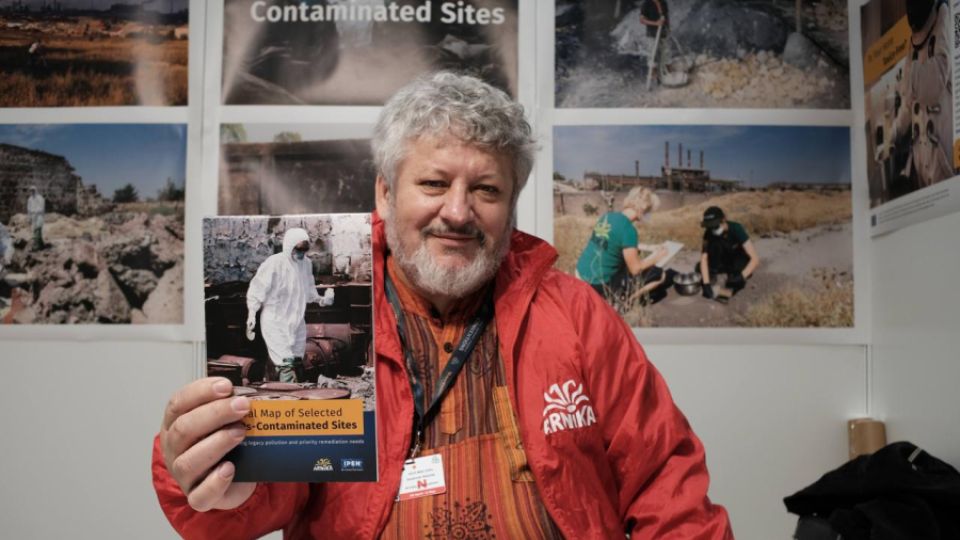
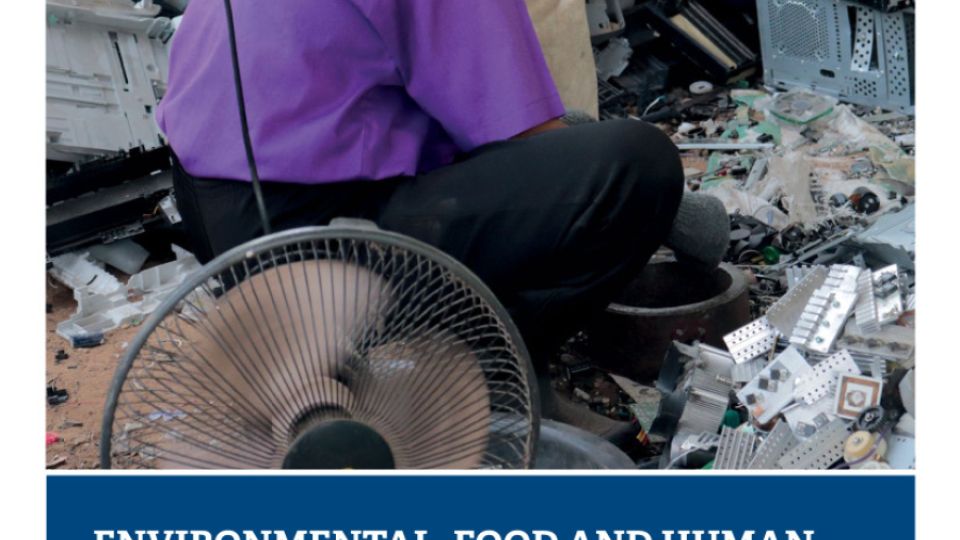
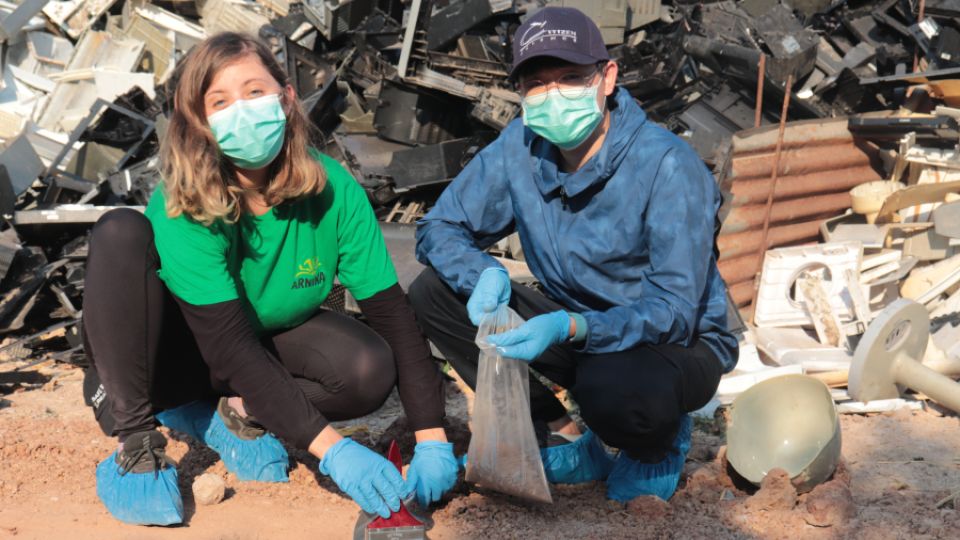
 Thailand has suffered from industrial pollution for a long time, but it is not just a technical problem. In fact, corruption, poor law enforcement, and a lack of functional self-government play a more significant role. Residents and workers in polluted areas are often denied the right to participate in decision-making processes, on the basis that they are not technical experts in those fields.. In other cases, citizens' complaints are rejected due to insufficient scientific evidence. The result is growing conflicts in many Thai communities, as well as long-term negative impacts on local health and the overall state of the surrounding environment.
Thailand has suffered from industrial pollution for a long time, but it is not just a technical problem. In fact, corruption, poor law enforcement, and a lack of functional self-government play a more significant role. Residents and workers in polluted areas are often denied the right to participate in decision-making processes, on the basis that they are not technical experts in those fields.. In other cases, citizens' complaints are rejected due to insufficient scientific evidence. The result is growing conflicts in many Thai communities, as well as long-term negative impacts on local health and the overall state of the surrounding environment.